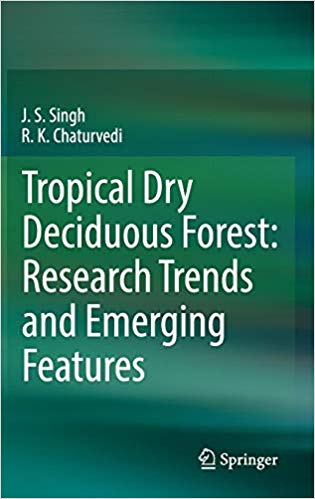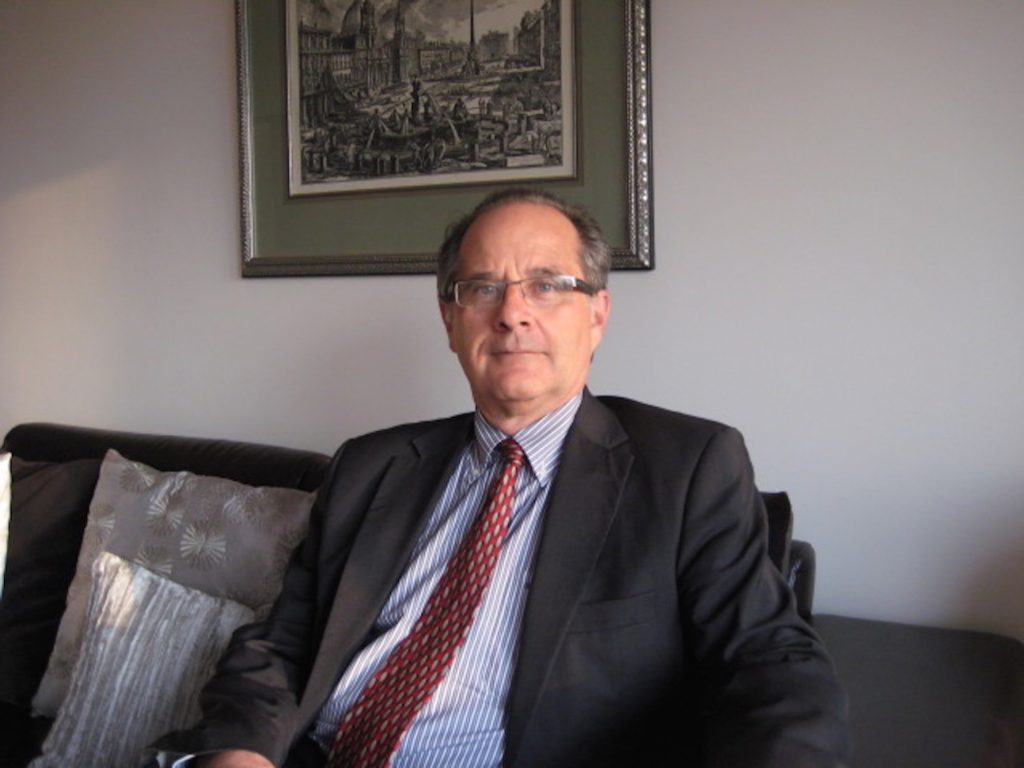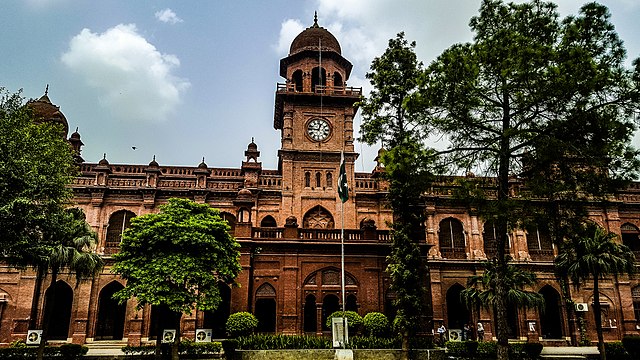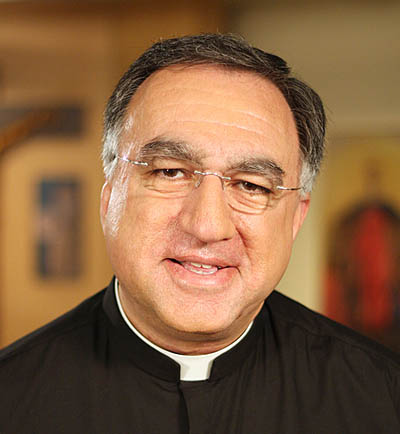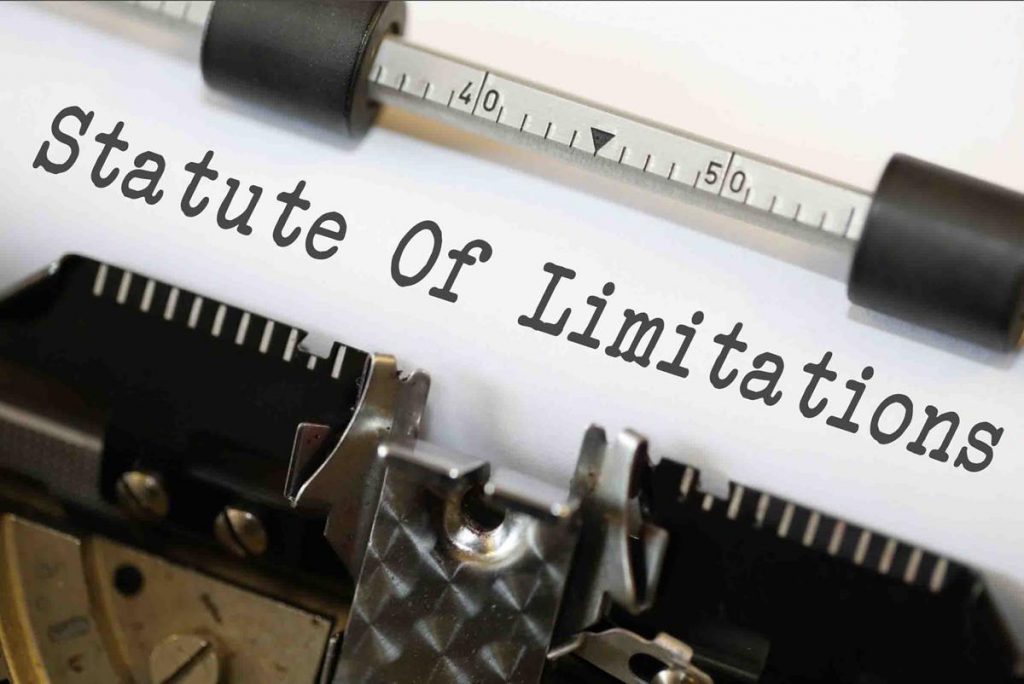
The Images in Clinical Medicine section of the New England Journal of Medicine (NEJM) is prime real estate for physicians and others wanting to share a compelling picture with their colleagues. But earlier this month, an eye specialist in Michigan saw double when he looked at the Dec. 5, 2019, installment of the feature.
Depicted was a picture from a pair of eye specialists in India who claimed to have seen a case of a person who’d suffered retinal bleeding after having been struck in the eye by a tennis ball:
Continue reading How a plagiarized eye image in the NEJM was discovered

